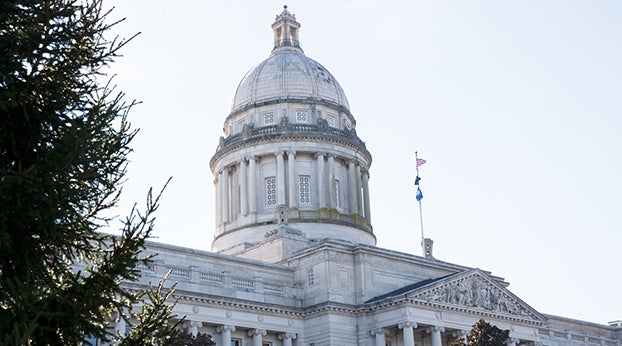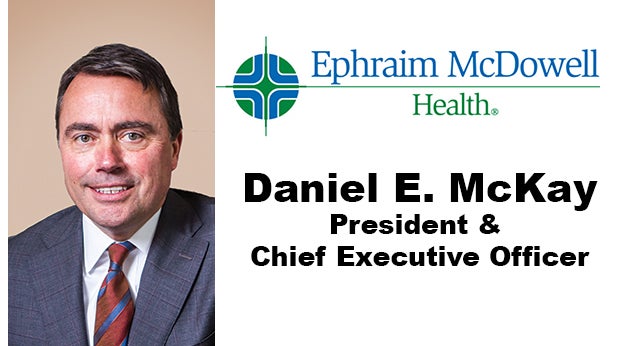Payroll tax hurts, but other options would hurt more
Published 5:14 am Thursday, January 2, 2020
EDITORIAL
The Advocate-Messenger
Starting this month, Boyle County workers’ take-home pay will be a little less than it was in 2019. Thanks to a payroll tax increase (which was accompanied by a matching net profits tax on businesses) by the Boyle County Fiscal Court, workers are paying half a percent more of their wages to fund local government.
The difference is insignificant and significant at the same time. Someone grossing $400 a week before will have $2 less in their bank account every week this year. $2 a week ($102 a year) doesn’t seem like a lot unless you’re already just barely making enough to support your family. While those making more pay more, they also have more disposable income. The payroll tax unfortunately and unavoidably impacts the bottom lines of the poorest workers more than those with good living wages.
But while there are undoubtedly negatives to the tax increase, we also can’t find fault with county officials for choosing the path they did. Government leaders do not always get to choose between a good option and a bad option; many times, they much choose between a bad option and a worse option.
We’re well aware of the problems critics point out with increasing the payroll tax, and we agree with them. It certainly won’t make Boyle County more attractive for businesses or workers, both of which almost everyone agrees we want more of. And in a county where so many jobs are in the lower-wage service industry, a payroll tax increase lands on thousands more low-income workers than higher-wage office and factory workers.
But what are the alternatives? They all seem worse.
Boyle County can’t dodge its state-mandated pension contribution increases; and it would leave itself vulnerable to a lawsuit over unconstitutional imprisonment if it doesn’t rebuild or renovate its current jail. Such a lawsuit could allow a judge to order Boyle County to raise massive amounts of revenue and spend millions more than if the county takes care of the problems on its own first.
To pay for those significant costs, the tax increase is projected to bring in around $3.2 million annually. To absorb that amount of expense without raising taxes would require draconian cuts to services. In fiscal year 2019, Boyle County brought in almost $5 million from its net profits and payroll taxes. If the county spent $3.2 million of those revenues covering new and growing costs instead, it would mean cuts to services in the vicinity of 60%.
There are other ideas that the law doesn’t currently allow. Boyle County, like every county in Kentucky, can’t raise money for capital projects through special sales taxes — not that we would necessarily endorse such a potentially regressive form of taxation if it were legal.
Boyle County might have delayed its tax increase or at least implemented it in smaller steps if it had the luxury of time, but an arbitrary state law created a Dec. 31 deadline thanks to Boyle County’s population in excess of 30,000.
This tax increase is not what anyone wanted — particularly the elected leaders who voted for it knowing they could face political consequences. But we think considering all the factors, it was the least objectionable option available at this point in time.






